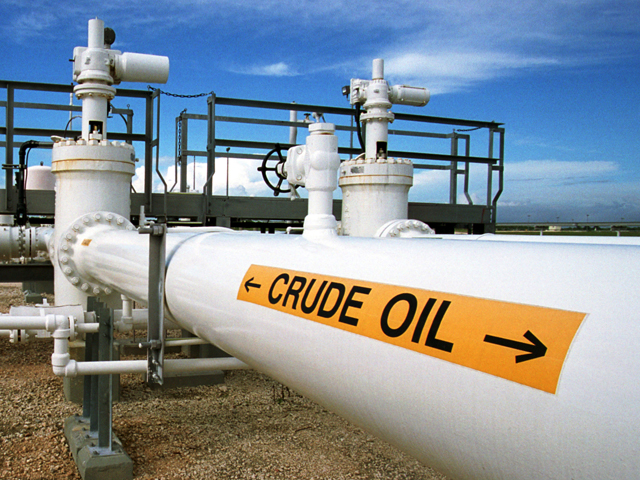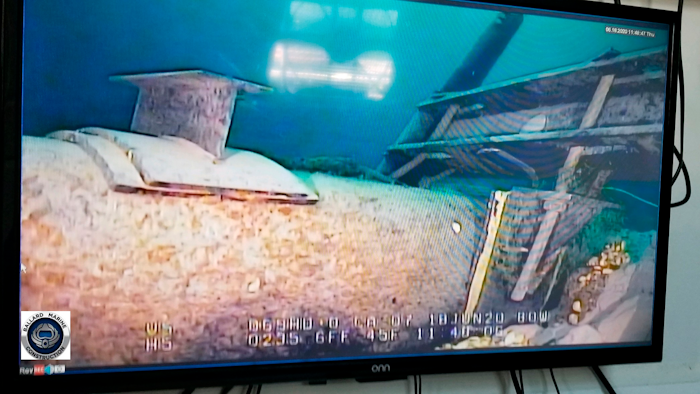
Event: On November 8th the US administration confirmed that it was reviewing the impact on fuel prices of permanently closing an oil and gas pipeline, Enbridge 5, which runs from western to eastern Canada via the US states of Wisconsin and Michigan.
Analysis
The Enbridge 5 pipeline supplies around half of the crude oil and oil products used by two of Canada’s most populous provinces, Ontario and Quebec. It is also a major source of fuel to the state of Michigan.
However, the state’s Democratic governor, Gretchen Whitmer, believes that the environmental risk of an oil spill along the coastline of any of the three Great Lakes that the pipeline traverses is too great to justify its use.
Fearing the impact of higher fuel prices, the Canadian government is against closing the pipeline. In October it invoked a 1977 treaty that guarantees the “uninterrupted transit” of oil between the two countries.
The US administration risks being wedged on the issue. The US president, Joe Biden, was praised by his party for withdrawing the US’s support from the Keystone XL pipeline and for pausing auctions for oil and gas drilling on federal land soon after he came to office. He also pledged renewed US leadership on limiting climate change at the COP26 summit in the UK in November.
However, there is also mounting evidence that US voters are concerned that the rising cost of living is impeding the economic recovery from the pandemic.
Republicans have seized on the issue and used it to good effect in off-year elections a week ago. By closing the pipeline, Mr Biden would be handing his political opponents more ammunition.
The fate of the pipeline will rest on discussions between Mr Biden and his counterpart, the Canadian prime minister, Justin Trudeau. Already, the topic has been discussed by the US secretary of state, Antony Blinken, and the new Canadian foreign minister, Mélanie Joly, in their first meeting.
The outcome is finely balanced, but we believe that Mr Biden will ultimately concede and permit the pipeline to remain open.
he US administration is unlikely to want to antagonise its northern neighbour, especially on an issue—the environment—on which the two governments are aligned. Some sort of compromise, such as an enhanced safety review, may be a way out for both parties.
Impact on the forecast
We expect the pipeline to remain open. No changes to our forecasts are required.













